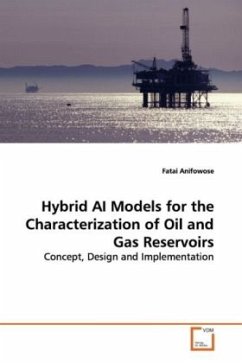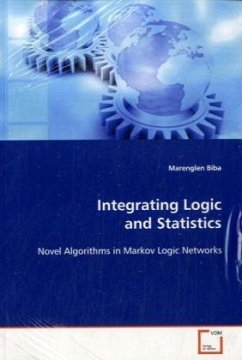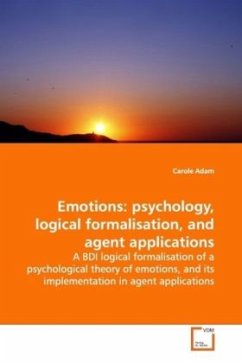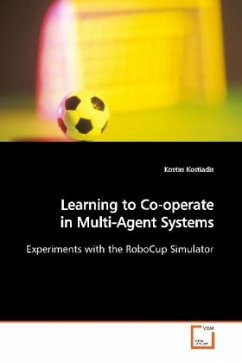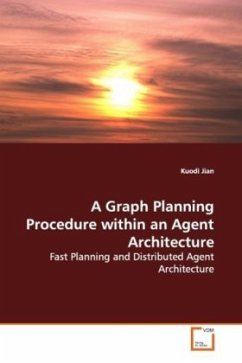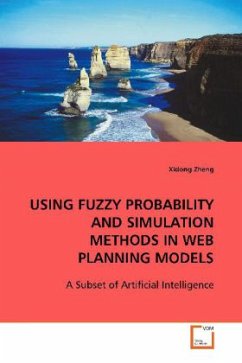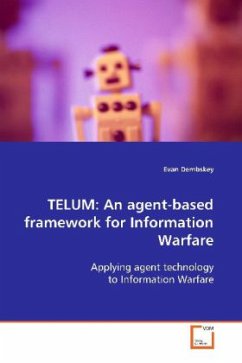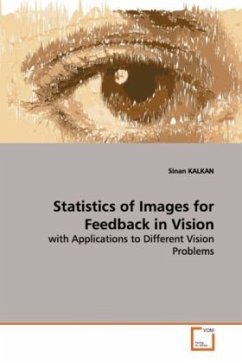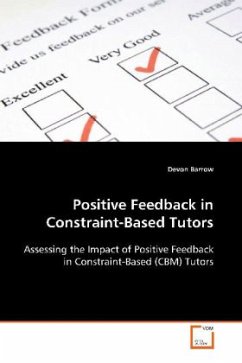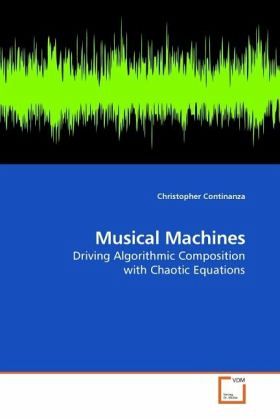
Musical Machines
Driving Algorithmic Composition with Chaotic Equations
Versandkostenfrei!
Versandfertig in 6-10 Tagen
32,99 €
inkl. MwSt.

PAYBACK Punkte
16 °P sammeln!
Will computers compose music? They already do. This monograph presents a survey of current computational techniques for machine musicianship: composition, improvisation, and performance. It then presents the design of a composing agent that uses chaotic equations to derive a melody line, with source code included. The agent uses the chaotic equations to build a meta-structure, called an event tree, to generate the melody. I then create experiment attempting to quantify the musical difference between the agent and an agent that does not use an event tree. I employ 4 different non-linear dynamic...
Will computers compose music? They already do. This monograph presents a survey of current computational techniques for machine musicianship: composition, improvisation, and performance. It then presents the design of a composing agent that uses chaotic equations to derive a melody line, with source code included. The agent uses the chaotic equations to build a meta-structure, called an event tree, to generate the melody. I then create experiment attempting to quantify the musical difference between the agent and an agent that does not use an event tree. I employ 4 different non-linear dynamic systems with chaotic orbits as the basis of the experiment, which are used to generate control and experiment melodies. The musical output of each run is then analyzed in 4 dimensions: absolute pitch frequency, average pitch change, average rhythm change, and key/scale position.



